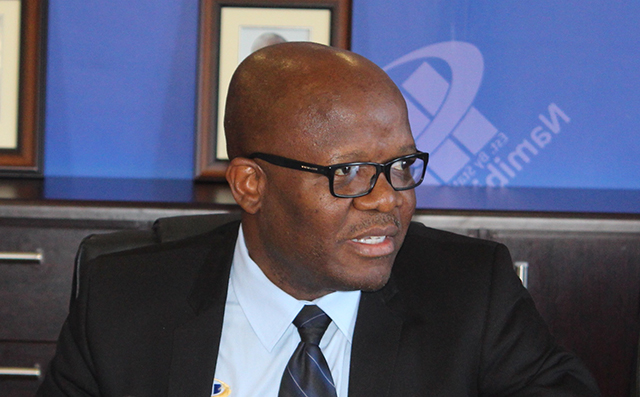The Ministry of Industrialisation and Trade is hosting Special Economic Zone (SEZ) consultations countrywide as the country prepares itself for the African Continental Free Trade Area (AfCFTA) agreement.
During the consultation in the Erongo region on Monday, trade minister Lucia Iipumbi said the establishment of the zones would boost industrialisation, enhance exports and push economic growth.
“Special Economic Zones have over the years proven to be a catalyst for economic transformation around the globe. This is done through creating specific areas with favourable business conditions and incentives advanced by the government,” she said.
According to a report by Trade Unions in Africa, the AfCFTA agreement presents an investment opportunity that Namibia should harness, however, an open economy could mean a loss of diversity, which may present job losses primarily in infant industries.
“Past experiences of investments in Namibia points to unfavourable free trade agreements, particularly for unskilled workers, women, the informal sector and sustainability,” the report states.
The ministry is doing the consultations on the draft SEZ bill, the informal economy, start-ups and entrepreneurship development policy, Namibia investment promotion and facilitation regulations and a national cooling strategy.
“These regulations are designed to create an environment that encourages and supports investment, streamlining processes to make it easier for businesses to operate in Namibia, while ensuring checks and balances in terms of investments portfolios and compliance,” Iipumbu said.
She said key aspects of these regulations include providing clear guidelines for both domestic and foreign investors, ensuring protection of their respective rights and establishing mechanisms to address concerns.
“We aim to strike a balance between creating a favourable business environment and safeguarding the interests of our citizens,” the minister said.
The executive director of industrialisation and trade, Sikongo Haihambo, said Namibia has been participating in regional and international trade agreements and therefore needs to maximise benefits from these engagements through capacity building.
“To maximise benefits from these engagements we need to enhance our capacity and skills in trade policy and competitiveness analysis, trade statistics, trade negotiations skills, investment and trade promotion strategies and monitoring and evaluation of these trade arrangements,” he said.
Haihambo said with the small domestic market and a limited skilled labour force Namibia relies on foreign trade and foreign direct investment to sustain and accelerate its economic growth.
“External markets absorb products we produce in surplus to local requirements, while through imports we satisfy demands for products in short supply locally. In this regard, we are actively seeking new investment opportunities and enhanced foreign market access,” he said.
Stay informed with The Namibian – your source for credible journalism. Get in-depth reporting and opinions for
only N$85 a month. Invest in journalism, invest in democracy –
Subscribe Now!






